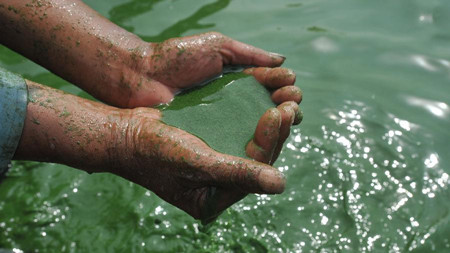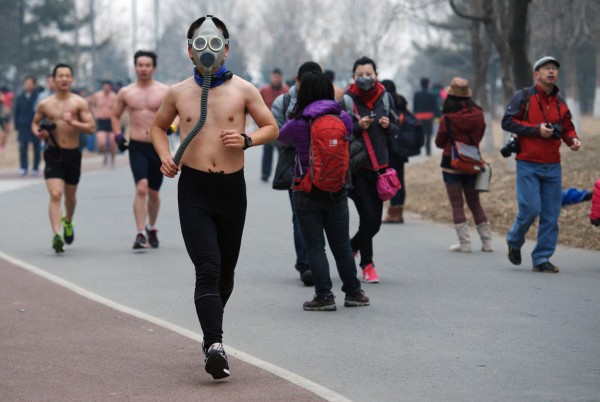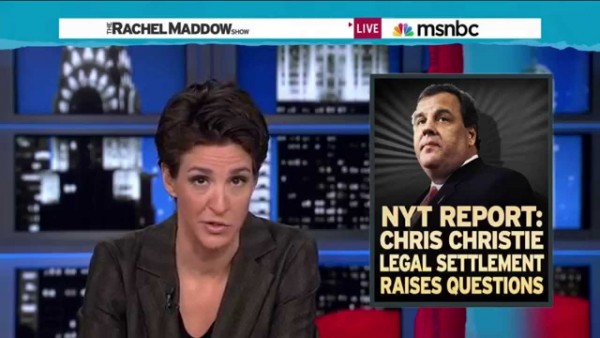 An Alternet report examines how many China grown food products contain dangerous heavy metals, which are toxic and dangerous to consume. 50% of rice tested in Guangzhou and as much as 10% of all China grown rice contains cadmium.
An Alternet report examines how many China grown food products contain dangerous heavy metals, which are toxic and dangerous to consume. 50% of rice tested in Guangzhou and as much as 10% of all China grown rice contains cadmium.
Wary consumers who aren’t interested in waiting for FDA to ramp up its testing of Chinese food imports can take their own measures to minimize the possibility of contamination. Local, as in American-grown produce, will trump labels such as “organic,” if the food in question was grown in a potentially polluted place.
In fact, if it’s grown in a polluted place, organic produce could contain more heavy metals than conventionally grown food. Organic agriculture practices include the use of manure, which could add heavy metals to the soil if the cattle were eating contaminated feed, such as hay grown in a contaminated field, according to Michael Schmitt, a soil scientist at the University of Minnesota. “Once you put metals in a field,” he said, “they don’t go away.”
Thus, organic food from a polluted area of China could carry significantly more heavy metals than nonorganic food from the U.S. This puts a new spin on the idea of eating locally. In this case it could mean from anywhere in this vast continent—Canada and Mexico don’t seem to have heavy metal problems. But in a way, the reasons are similar to why many people prefer buying from the local farm stand: you have more information about how something is grown.
Not all food is required by law to be labeled with a country of origin. Foods purchased abroad and processed in the USA, for example, are exempt, as are foods containing multiple ingredients. The safest way to confirm a food item didn’t come from China is to look for labels that announce where it is from. If no information is given, avoid it.
Best practices are: eat local; avoid foods not labelled with country of origin and eat only foods minimally processed. And, be wary of nutrition supplements because they concentrate ingredients, including poisonous ones.

More photos of pollution in China




